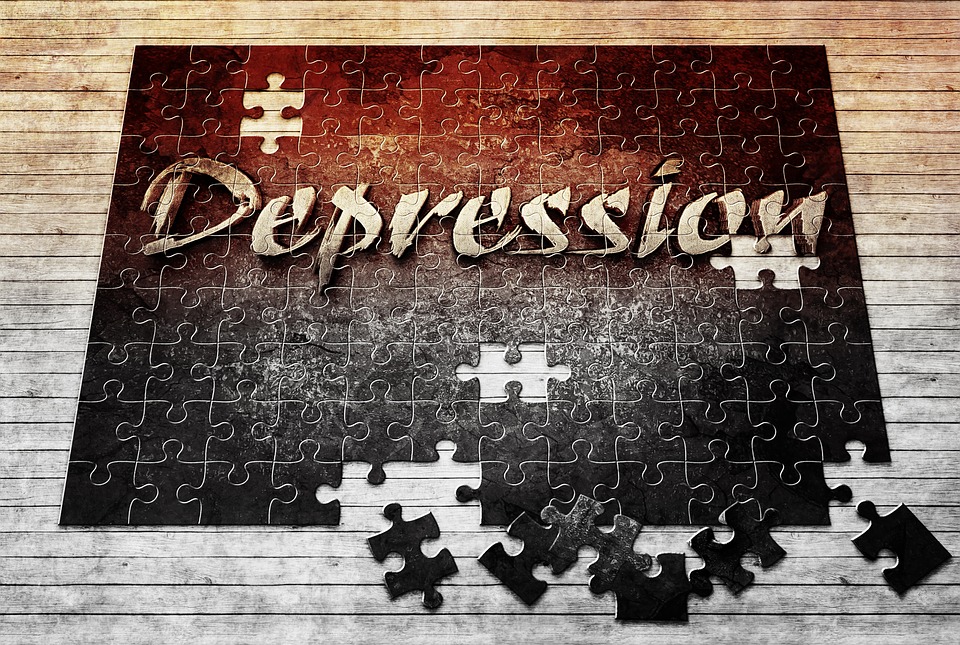
Depression is an extreme low mood that lasts a long time and makes a person feel sad, irritable or empty. Depression is a common mental disorder. Globally, more than 300 million people of all ages suffer from depression. Depression is the leading cause of disability worldwide, and is a major contributor to the overall global burden of disease. Statistics has it that More women are affected by depression than men. At its worst, depression can lead to suicide which is quite rampant in recent times. But depressed people do get better and depression does end.
Researchers have identified five different parts of your life that can cause depression or keep it going. These parts are: your situation, your thoughts, your emotions, your physical state and your actions. These five parts all affect each other. The way you act changes your situation, the way you think about yourself changes your feelings, the way you feel changes your physical state, and so on. So we can think of these five parts as part of a circle of depression.
In a chat with lifestyle coach and behavioral change expert, Dr Osaz, he noted that “there’s an innate ability in everyone to emotionally bounce back from any challenge, it is called emotional resilience” he said. “If you don’t use it through building its 4 pillars (self-confidence, purposefulness, adaptability, & relationability), you’ll lose it, and thus become prone to depression” he further explained.

So, what do you do if you feel depressed? We’ve outlined a few tips to deal with depression:
- Talking to family and trusted friends about how you’ve been feeling is usually a good way to start. They can help you to figure out solutions to some of the problems you’ve been dealing with; besides, just knowing that people care about you can be helpful.
- Writing about problems you’re facing, your feelings and thoughts, and possible solutions can help you to understand what you’re going through and what choices you have.
- Speak to a health professional (family doctor, psychiatrist, psychologist, clinical social worker, mental health counselor, or mental health nurse) if you think you might be depressed. A professional can help you figure out what’s been going on and can make useful suggestions.
- Antidepressant medications are needed for moderate-severe clinical/major depression, but in some cases like mild-moderate depression, psychotherapy + lifestyle change and social support might just be enough.
According to Dr Osaz, being depressed i.e. having bad day or low mood is normal, as it is part of life, but when the sadness or emptiness, or loss of interest in what you used to find interesting or feeling of hopelessness, worthlessness, guilt, or suicidal thoughts is happening on a near daily basis and lasting for more than 2 weeks, it has become a clinical depression. This means that something has changed in the brain functionally/biochemically, and professional help is needed at that point, not just encouragement from family and friends, or prayers from spiritual leaders.

